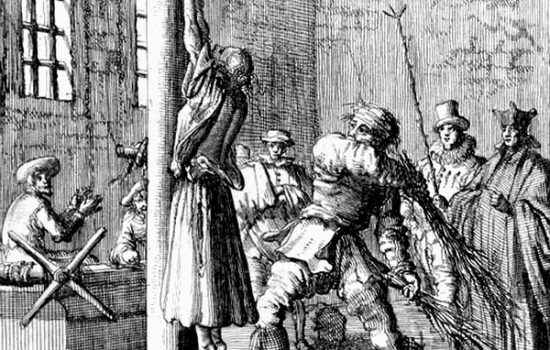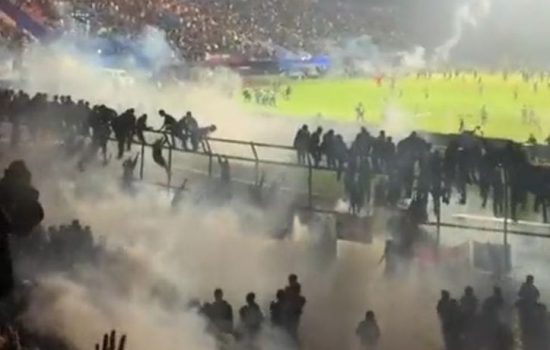Nearing the end of his tenure, Supreme Court Chief Justice Harifin Tumpa has issued a regulation to update the definition of a petty crime for the first time since 1960, in the hope that it will bring a stronger sense of integrity to the criminal justice system.
Under the new regulation, the 2012 Supreme Court Regulation No. 2 announced by Harifin earlier this week, thefts, fraud and vandalism would be deemed petty crimes if they caused a maximum of Rp 2.5 million in losses in goods or money. The previous limit was set at Rp 250.
The new regulation comes after the criminal justice system was recently marred by what many believe to be miscarriages of justice against petty criminals.
Last December, prosecutors sought a five-year jail term for a boy accused of stealing a pair of slippers, worth Rp 35,000, belonging to a police officer in Palu, Central Sulawesi. The prosecution sparked public outcry throughout the country.
The trial judge did not sentence the boy to prison after finding him guilty, instead sending him back to his parents. The boy, however, allegedly suffered abuse during the 21 days he spent inside a police detention center.
The Criminal Code, first drafted in 1958, has been amended several times. Yet, the amount to be lost to be considered a petty crime remains less than Rp 250. The amount of loss was first stipulated in an amendment to the Criminal Code in 1960.
The 1960 regulation increased the amount lost from Rp 25 in the 1915 definition of petty crime to Rp 250 to adjust to the economic situation of the time.
Harifin said that the new definition could prevent suspects in petty theft cases from being charged with articles in the Criminal Code used to prosecute burglary or other crimes that could carry a maximum jail term of five years, such as the Article 362 used to charge the boy in the Palu sandal-theft case.
The Supreme Court believed that the adjustment to the amount of losses in petty crimes could help prosecutors handled the cases proportionately.
“The maximum sentence for petty crimes is a three-month jail term,” Harifin said.
The Supreme Court based the decision on the current price of gold.
With the new regulation, suspects or defendants in petty crime cases are “not liable to detention” and a case cannot be brought to the appellate court.
The regulation, however, was not aimed at amending the Criminal Code.
“The Supreme Court simply adjusts the value of money to match the current conditions,” Harifin said, adding that a revision to the Criminal Code would have to go through deliberation at the House of Representatives.
“This process would take a long time to complete. While cases of petty crimes continue to be tried in courts, we deem it necessary to adjust the amount of money stipulated in the code,” he said.
The Supreme Court also ruled that all fines in the Code, mostly of around Rp 4,500, be increased 100 percent.
Institute for Criminal Justice Reform activist Anggara said that the Supreme Court’s move was laudable as it could serve as an impetus for the government to immediately start amending the outdated Criminal Code.
But Anggara said that the regulation would have little impact on other law enforcement agencies, such as the National Police and the Attorney General’s Office.
“It will only be applicable to the courts, but will not affect the police or prosecutors,” he said. “Both can still detain suspects for petty crime allegation.”
Anggara said that serious change could only happen with the amendment of the Criminal Code, “or at least a revision to 1960 Government Regulation.”
“The quick measure once worked well in 1960,” he said.
Legal activist Erna Ratnaningsih, formerly of the Indonesian Legal Aid Foundation, said that it was up to the National Police and the Attorney General’s Office to follow suit.
Sumber: The Jakarta Post



